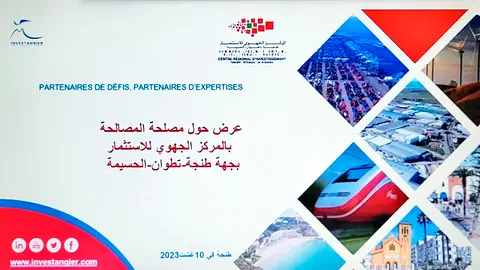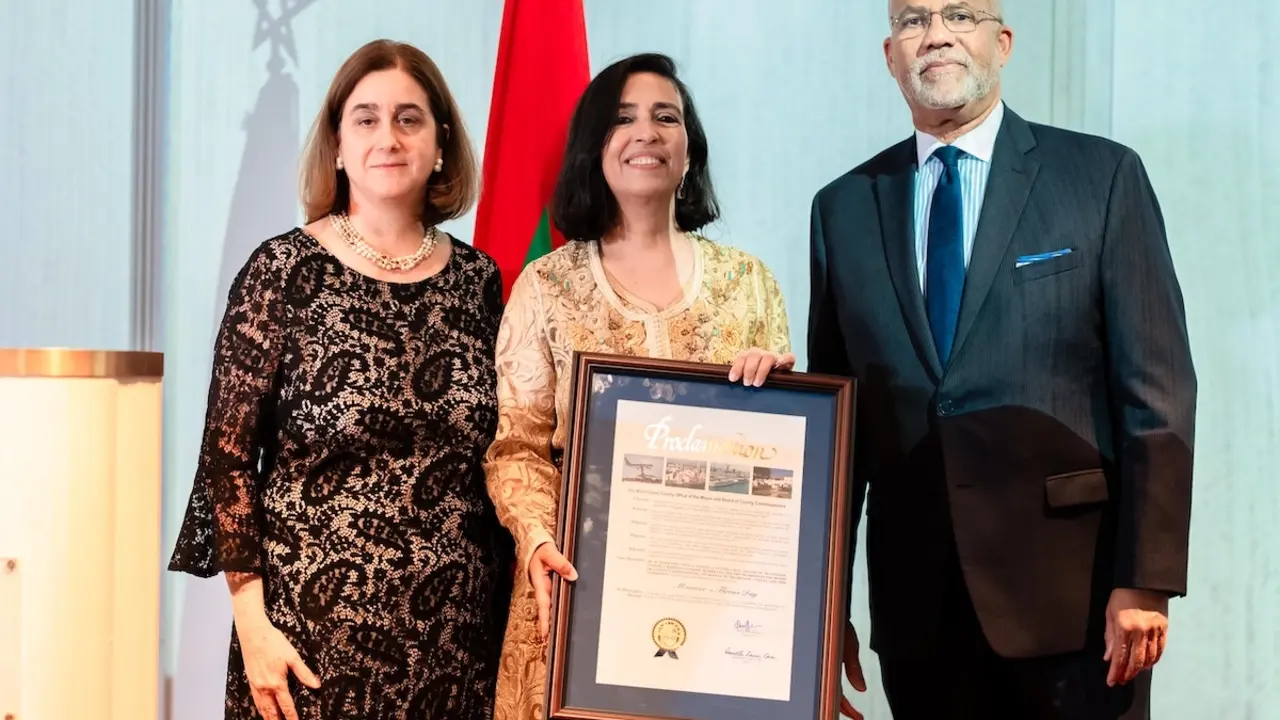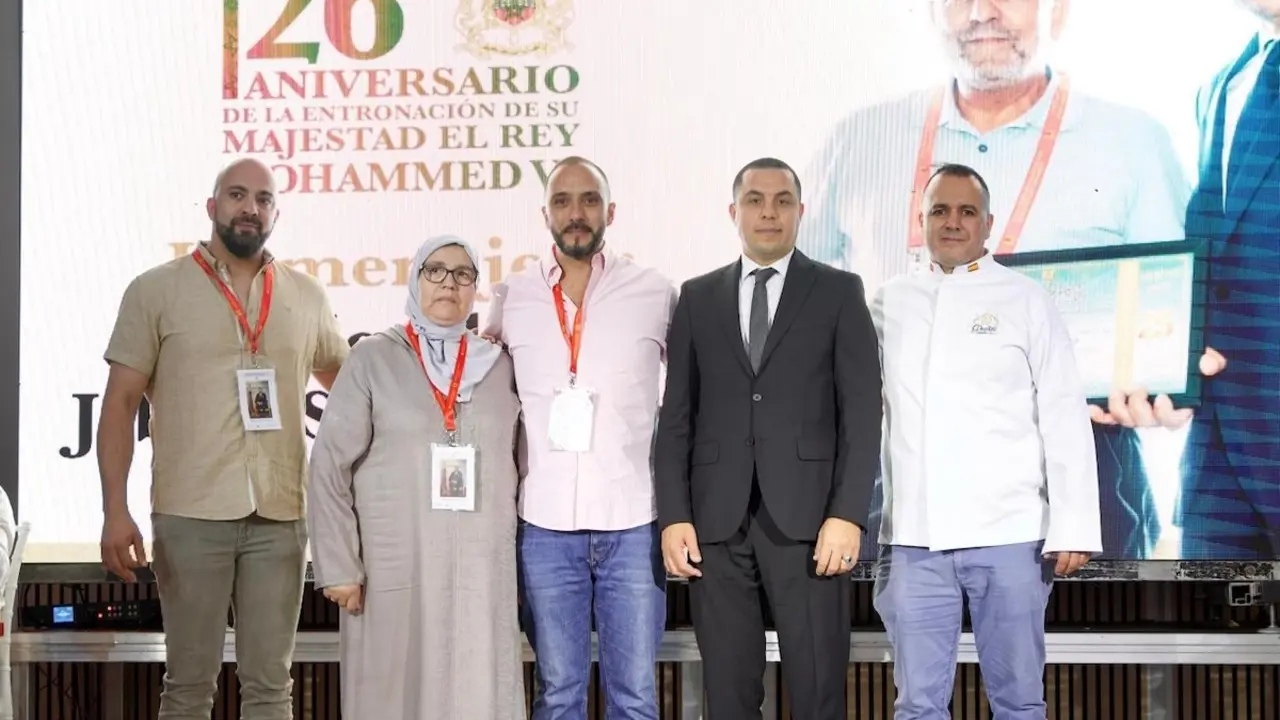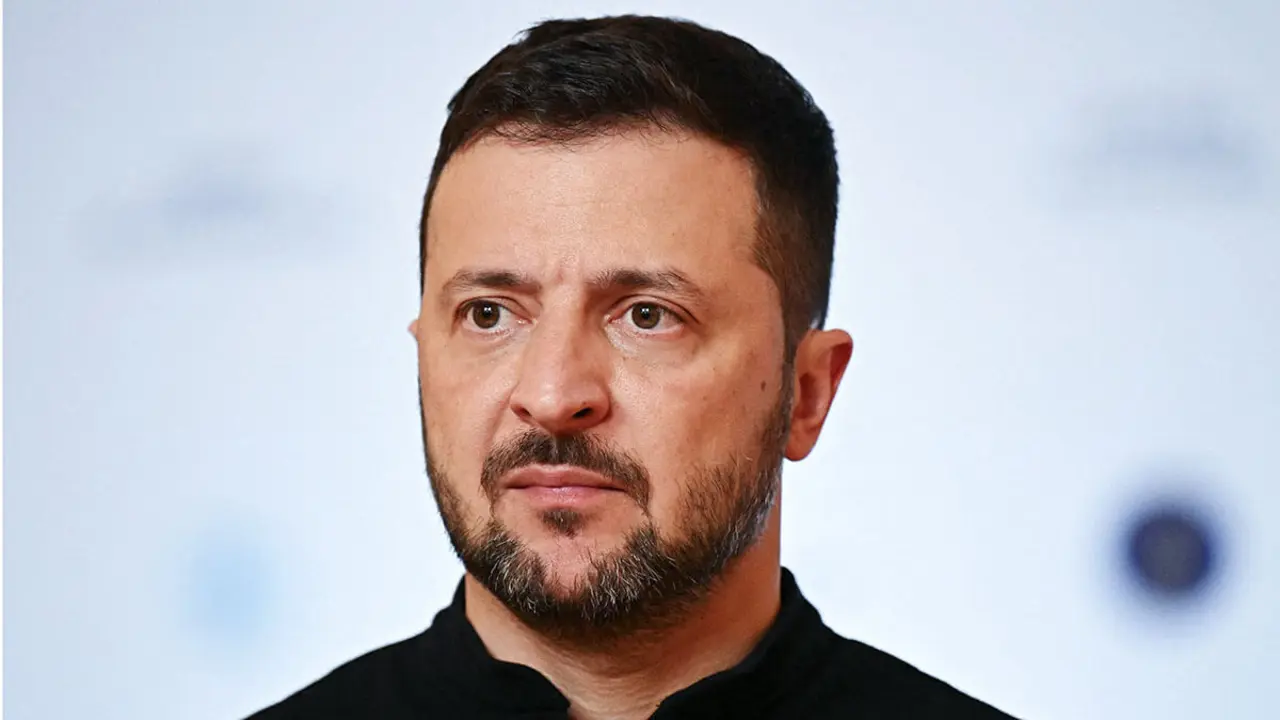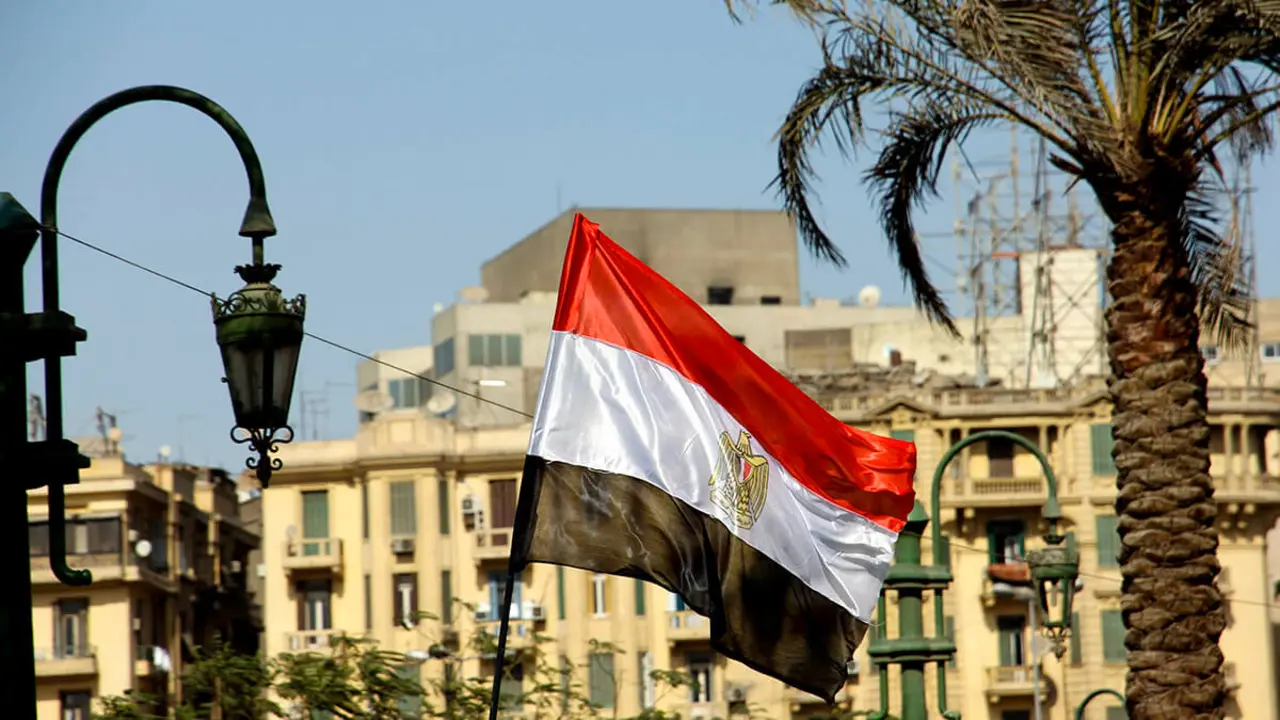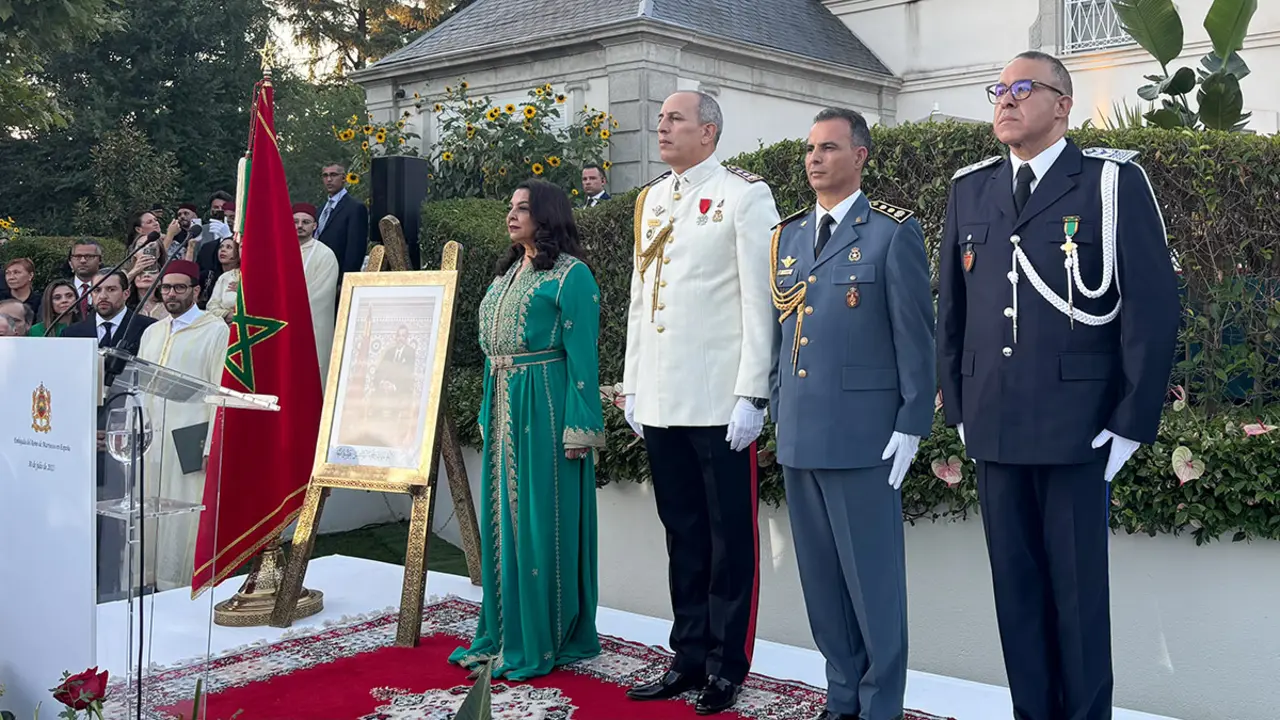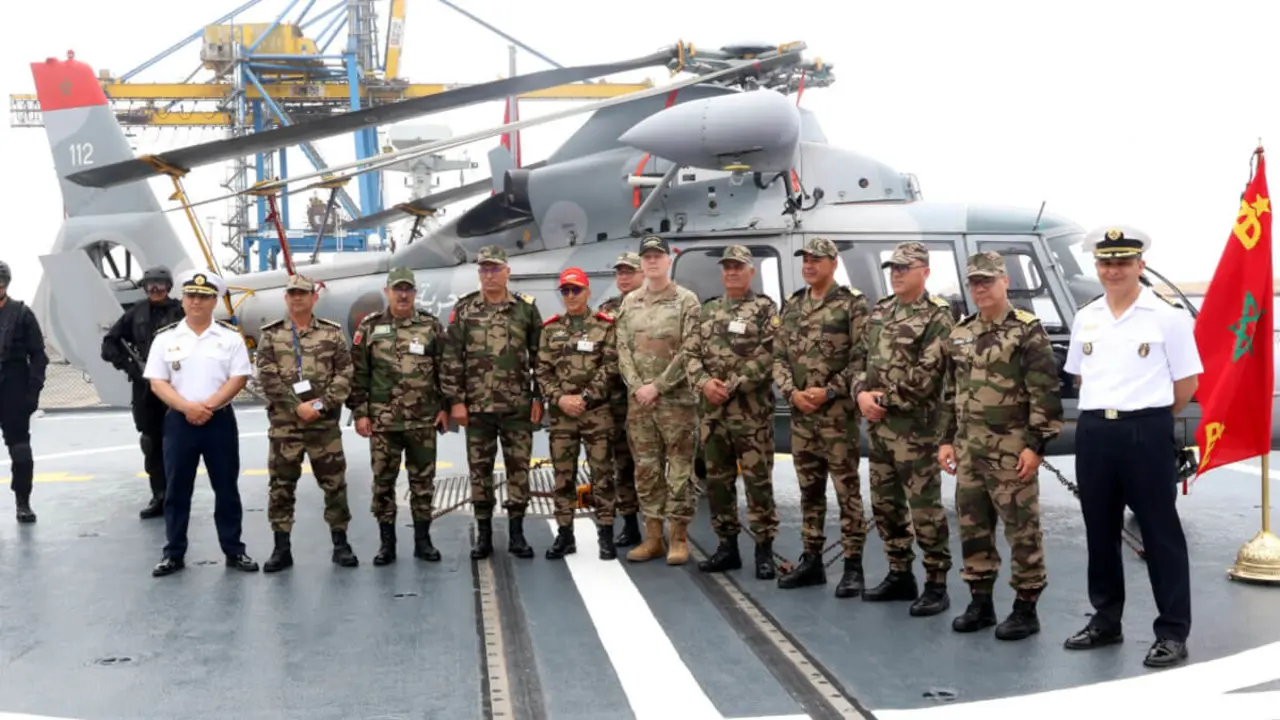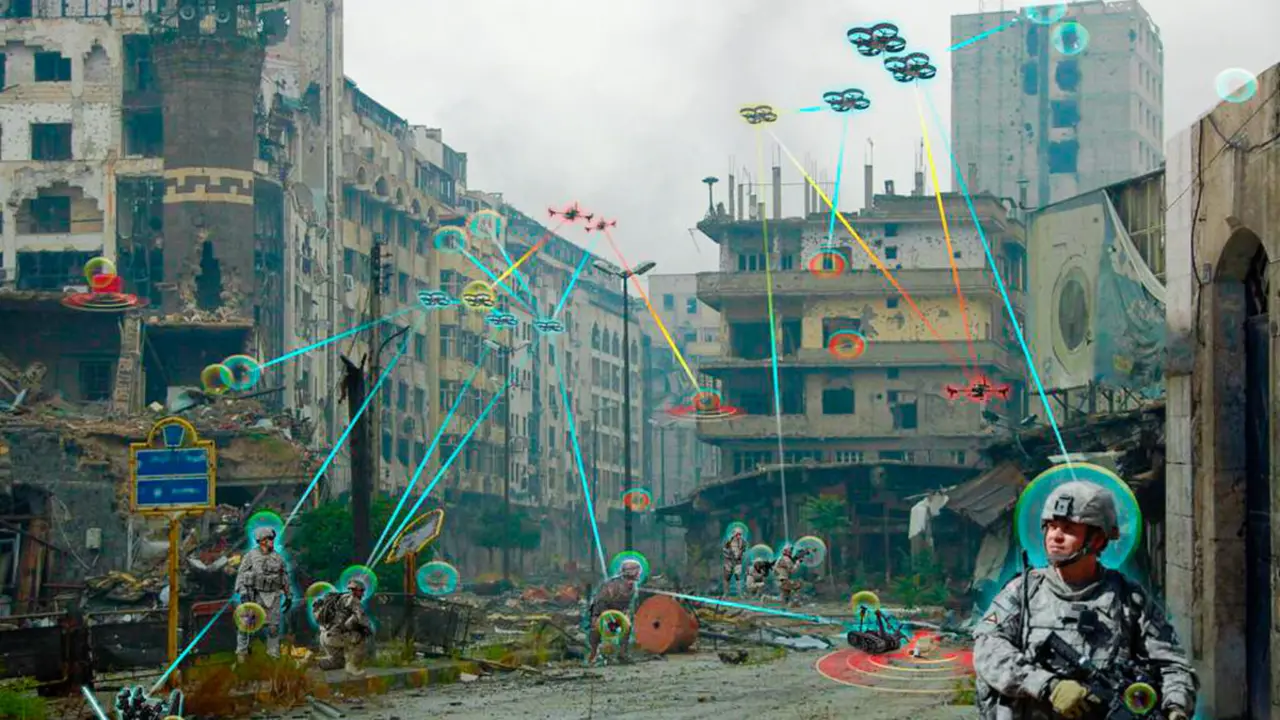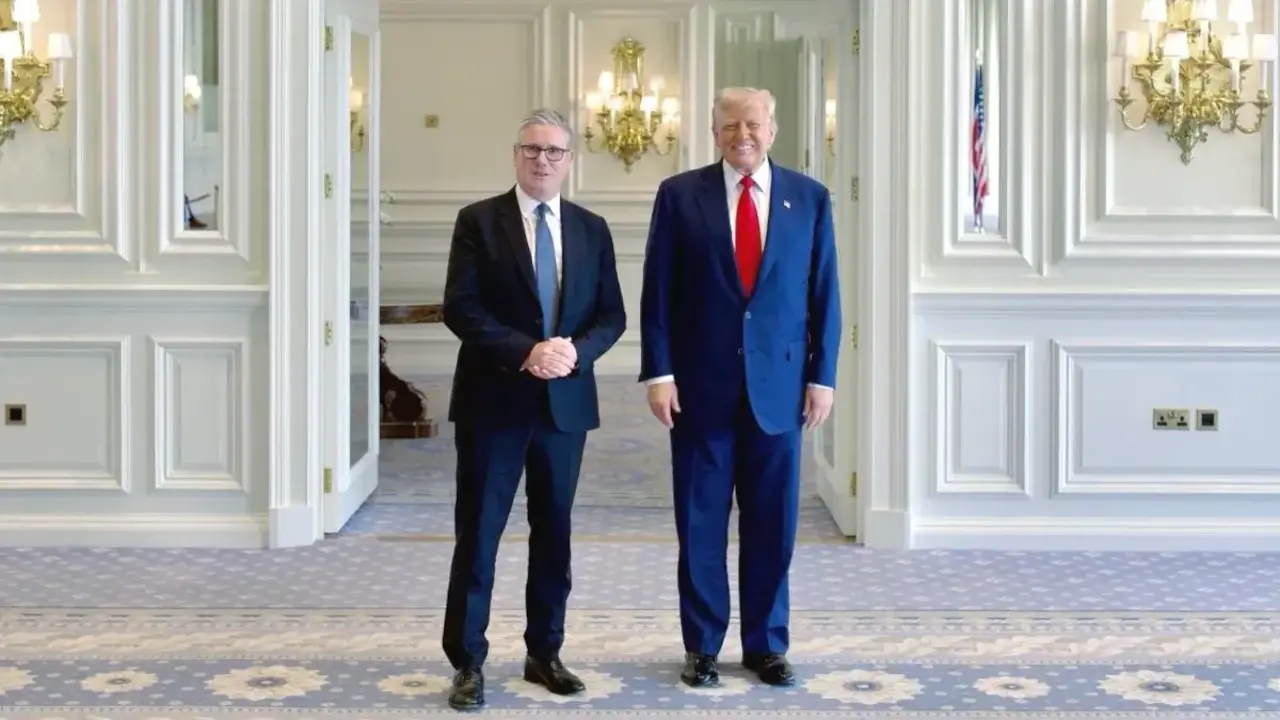Morocco prepares the return of its residents abroad to invest in Morocco
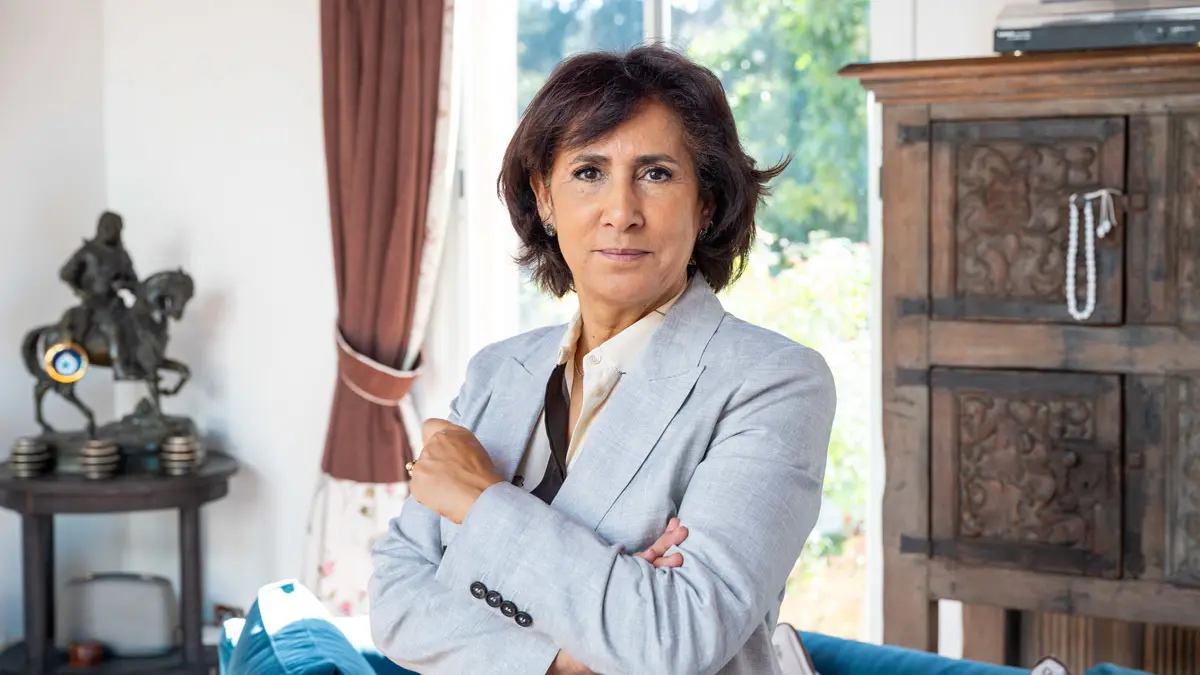
Morocco is reaching such a point of progress that it is considering the option of encouraging the return of many of the 6 million Moroccans living and working abroad. While remittances from abroad are very important for the economy, the contribution of the experience, skills, judgement and will of these Moroccans represents a much better added value for the country's own productivity and industrialisation. This new initiative is being worked on in Parliament.
Atalayar had the opportunity to speak in Tangier with Malika Lehyan, a member of the Moroccan Parliament for the Istiqlal Party, about her work to encourage the return of Moroccans abroad with investment measures and facilities, the value they bring to Morocco and their modernisation and development with the initiatives of King Mohammed VI.
Mrs Malika Lehyan, what is your main role in the Moroccan Parliament?
My role in the Parliament is to represent the northern region, which consists mainly of the Tangier-Tetouan-Al Hoceima region. I represent this region and I also represent Moroccan women, because His Majesty the King wants there to be a quota of women in the government. I am a Moroccan of the world, because I am from Belgium, so I represent the Moroccans of the world.
On the other hand, we have our problems; we are well in Europe and we thank all the European countries for having welcomed Moroccans to work, to live, to study, but we have some problems. And they are problems that are important to me and that I want to solve from Parliament.
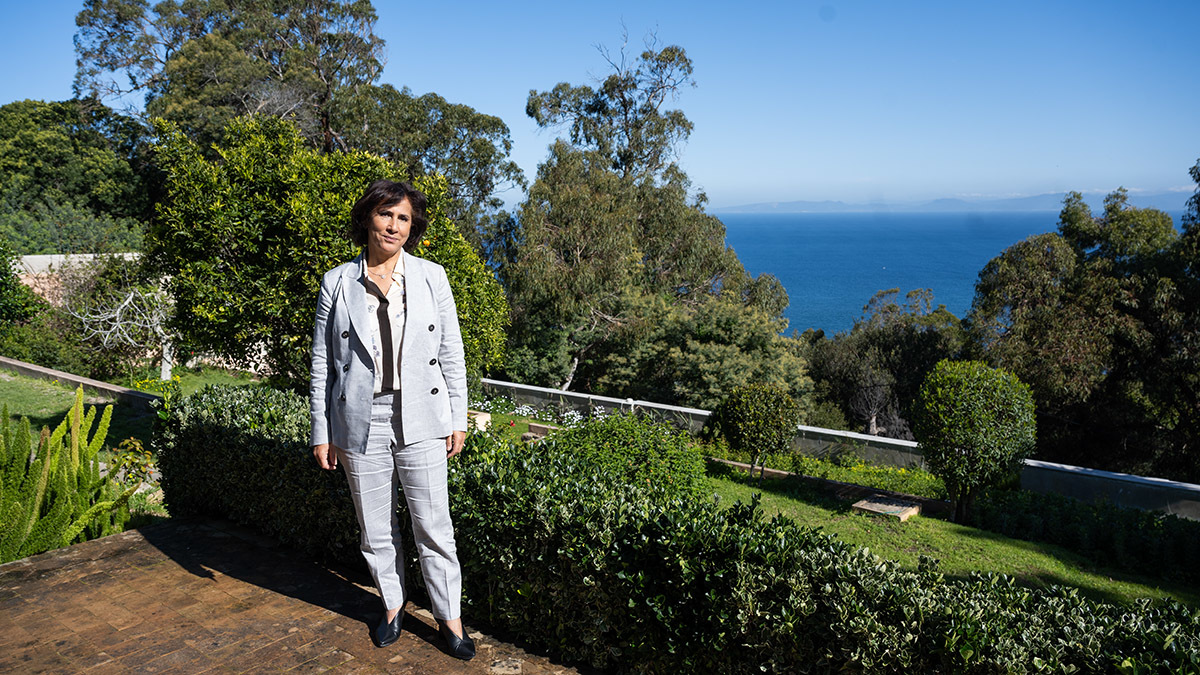
What is the weight, the relevance, for example, in the Moroccan economy, of Moroccan citizens who are working abroad and send remittances home?
The Moroccans of the world represent an advantage for Morocco, because they invest and, therefore, these Moroccans are a very important element for Morocco's domestic economy. For example, last year, we had 90 billion dirhams. This is an important figure.
But, even better, we know that in Europe the economy is becoming more and more difficult, people are having more problems making ends meet. There is a natural investment that Europe is beginning to discard; we have to tell the truth. The economy is getting tougher, people are paying more and more taxes, the situation is more complicated.
In Morocco it is the opposite. The economy is getting better and better. My role in Parliament is to encourage Moroccans around the world to come back and invest here. Even small investors.
What reasons can convince them?
First of all, we have quality of life, and there are also many opportunities. The only problem is that investors need to be accompanied. They come, they get used to Europe, but in Morocco there is another system and they don't know it very well. Often, they come to invest, they have problems, they split up, they leave and go back to their host country.
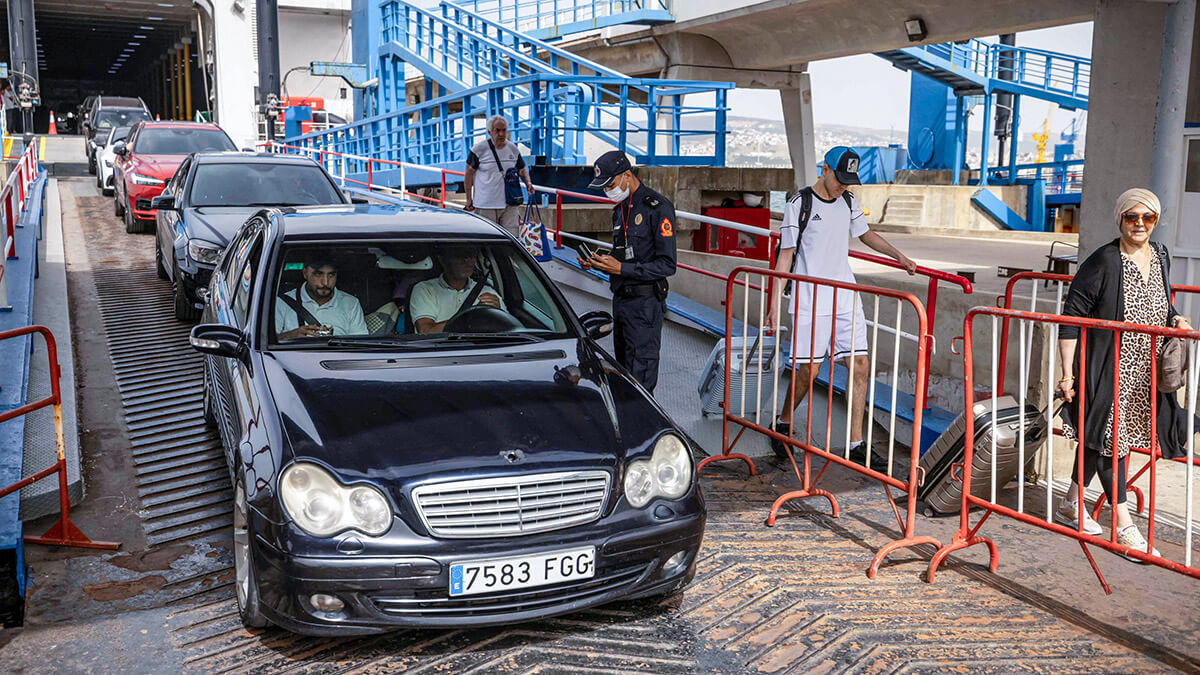
What measures do you propose?
As part of my role, I have created an investment module that allows us to accompany investors from the beginning to the end of their project to ensure its success. Support is provided at all stages: advice, administration and management.
This module is organised and composed of people, Moroccan teams; they are the direct contact between the authorities and the investor. This is the work that I have prepared and that I want to be able to give to my superiors in Parliament.
Do you want to encourage them to return to Morocco?
It's important, that's why I encourage Moroccans around the world to come back if they can, if they want to, and I hope that this investment module will be implemented very soon so that we can really help them from A to Z, from the beginning to the end. This is my main job; also to accompany the investors personally.
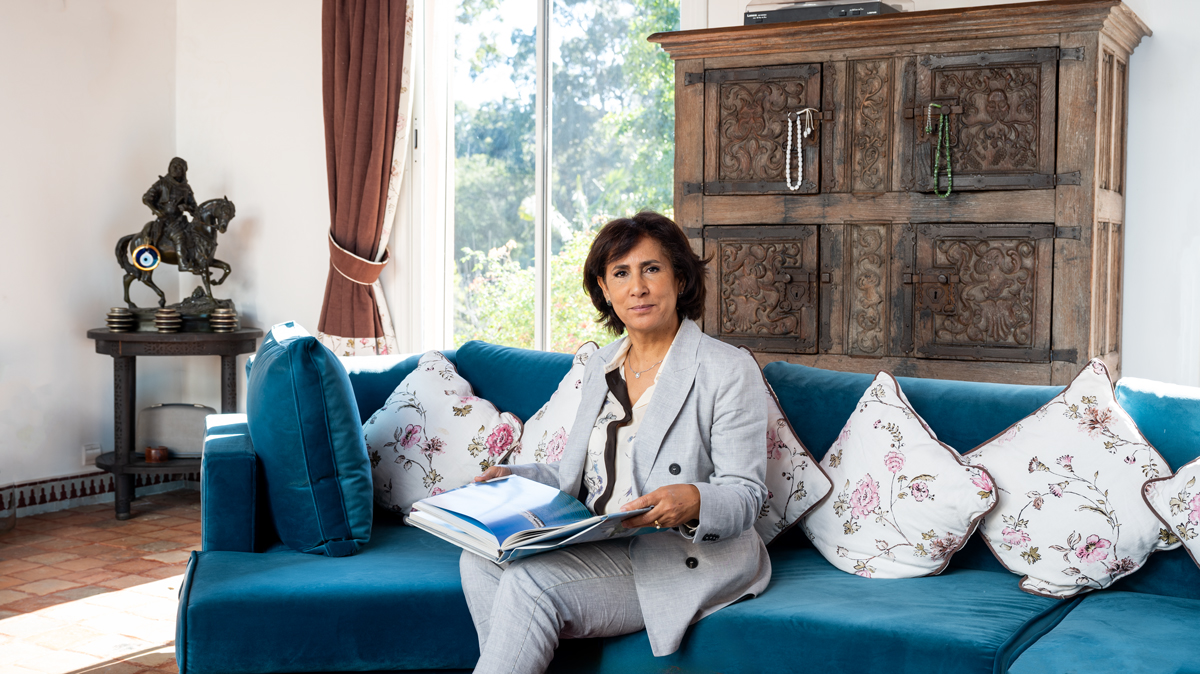
So the future of these Moroccans living abroad, who number some 6 million, is more in Morocco, which is continuing its modernisation and industrialisation process, than in Europe. Although remittances are important, would it be more productive to have them in Morocco for their experience, knowledge and skills?
Of course, because these Moroccans are an added value to the country, because they have studied here. They are of a higher level and we say that it is the diaspora. Diaspora in French means people who have really studied, worked and succeeded.
We need them here and they want to come back, but there is a small blockage and it is the creation of the company, the operation, the accompaniment, what I just explained before. They are an added value and Morocco is developing. But what I always try to convey to the Parliament is that we must maintain our authenticity.
Should Morocco copy Europe or have its own identity?
We should not copy Europe, we should take the things that are good for the country, but keep our Moroccan identity. We have our culture, our traditions, our religion. It is a moderate religion, it is not an extremist religion, it is a beautiful religion. And all this makes it possible for us to evolve here in Morocco, while maintaining our authenticity.
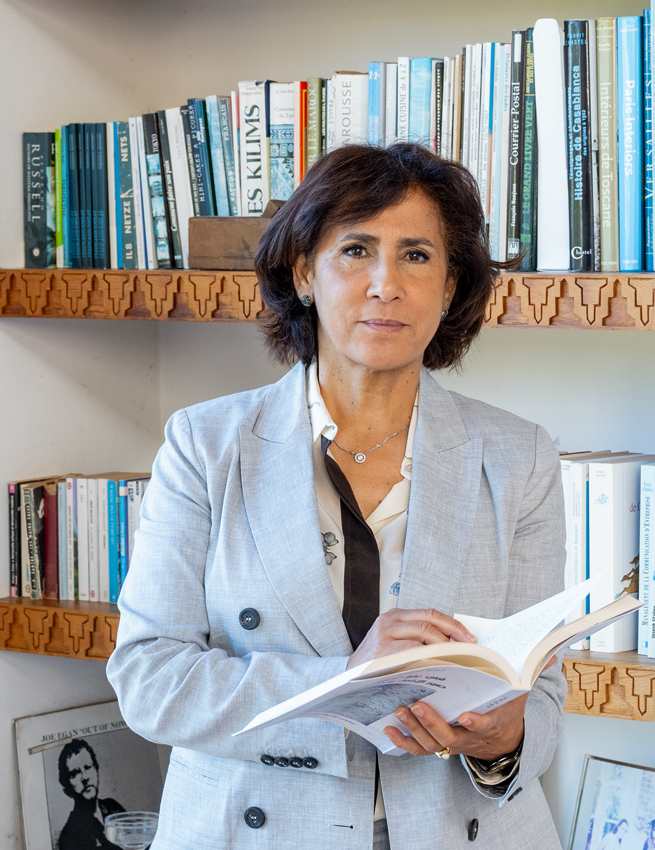
Are you the gateway between Africa and Europe?
We are Moroccans, Africans and we have our European heart, because we are between the two continents, between Europe and Africa, but we must do everything to maintain our identity and maybe that will save us from being melted into the masses. Europe has also made mistakes in its evolution. We all make mistakes. We have to review things and start again.
Are Moroccans abroad an asset to your own country?
I think that Moroccans in Spain, France, Belgium, Holland, England, in all countries, even in Canada and the United States, are an added value for Morocco. And, really, I wish there was more desire to return to Morocco. But I understand their uncertainty, because they are not sure, because we have a different administrative system, some difficulties in the administrations to have the documents...
Are Morocco's modernisation and development a guarantee?
Digitisation in Morocco works very well, which means that everything that is an administrative blockage is solved thanks to digitisation. And Morocco, once again, needs these Moroccans of the world. We need our brothers and sisters and we need Morocco to finally be a promising future for each one of us. We have to be strong, we have to approach the country, be tenacious, and say: "Today I don't have it, but tomorrow I will have it"; and not say I don't have it, I give up and I leave.
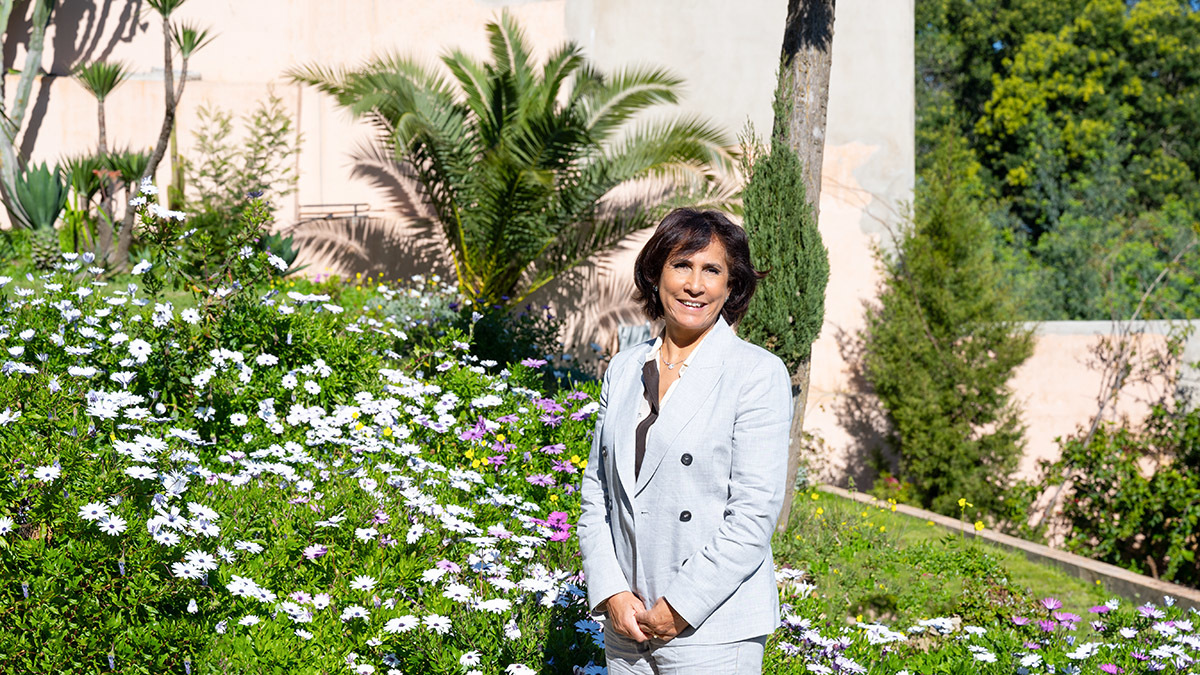
Morocco now offers these Moroccans abroad special but good conditions for them to return. Is that the challenge, the work you are doing?
Yes, Morocco offers investment opportunities and aid. It depends on the sector. For example, everything that is renewable energy offers aid to the investor. We can give them 10, 20, 30 % in the overall investment budget. Advantages are given; in other sectors as well.
Are they lacking the information then, is that what you are working on?
The problem is that investors don't know. And that is where the investment module that I have prepared and that I am going to disseminate soon allows an entity to have aid. Communication between Morocco and investors is necessary to inform them of the real advantages that exist here in Morocco.
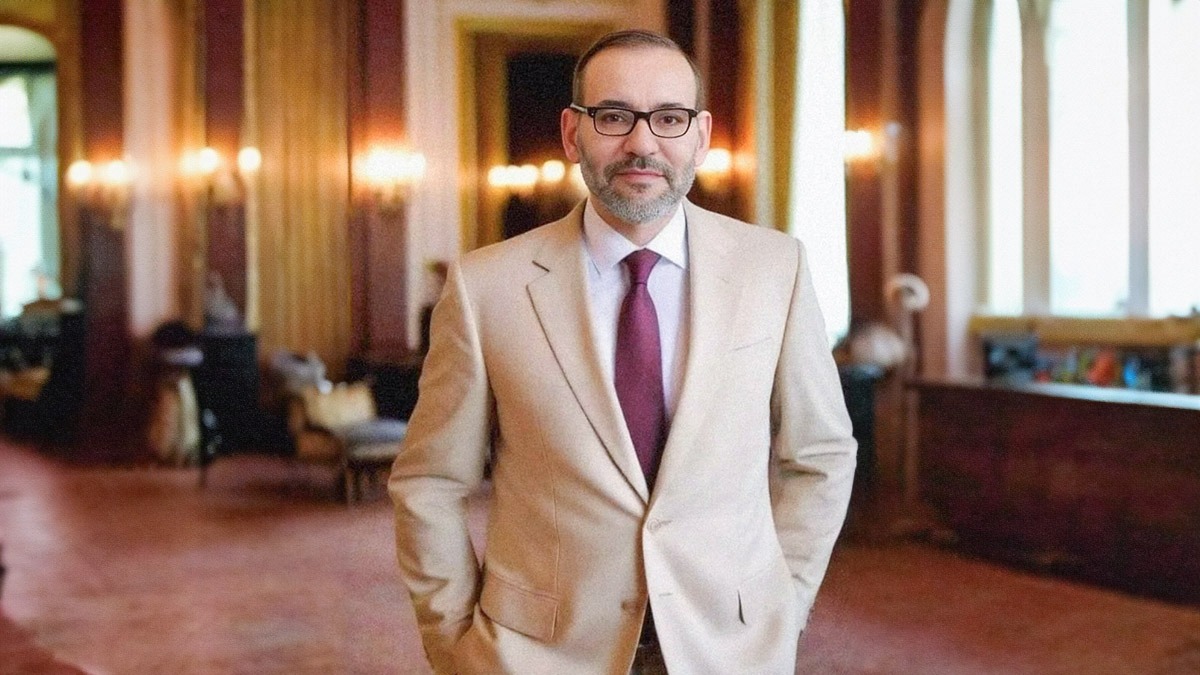
Is it also useful for Spanish investors, for example?
It is valuable for Moroccans around the world, but it is also valuable for you, the Spanish, if you come to invest in Morocco. Foreigners, no matter Belgian or Dutch, are treated in the same way. So I think yes, there are investment opportunities and aid.
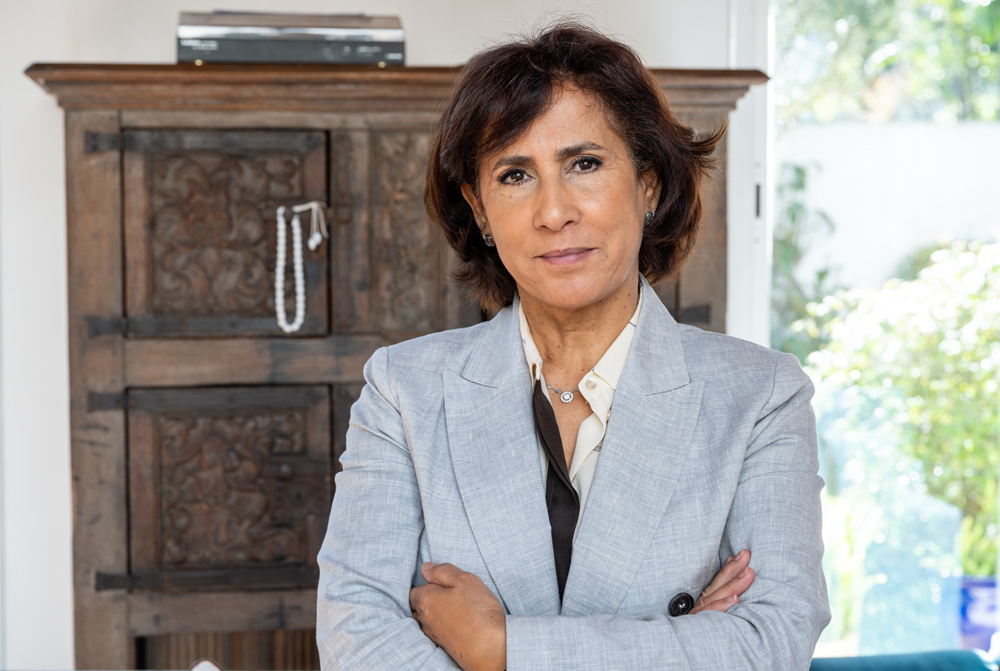
Do we need to finally change the concept and the way we look at Africa and see collaboration between equals, with respect, a "win-win"?
Yes, I believe very much in this partnership between Europe, the West and Africa. What must be kept in mind is that this collaboration must be a "win-win". I win, you win. And don't come as the bosses, the patrons, as in the time of colonisation. I think we have to forget that. There is no superiority, we are equal. Africans, Europeans, Asians, we are all equal. It has to be a partnership of equals, not of superior to inferior. It has to be horizontal, not vertical.
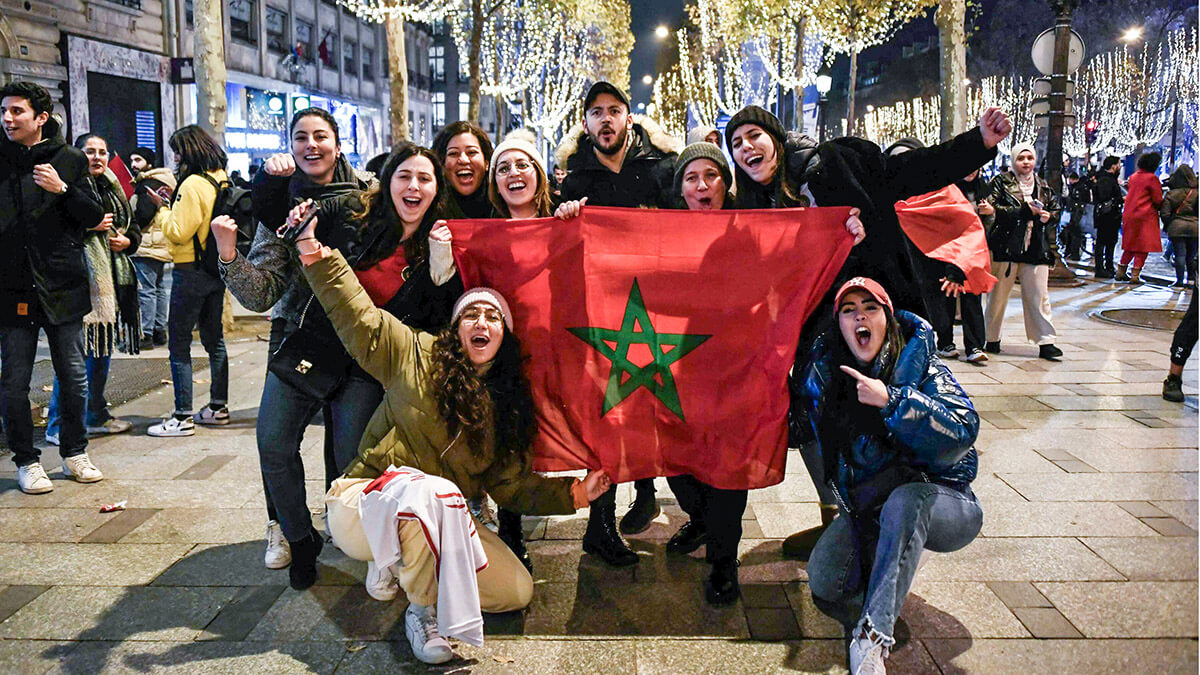
King Mohammed VI is promoting many modernisation measures, progress in the sectors, in the production model, now in social action, the Atlantic façade... Furthermore, Moroccans abroad, although it may seem somewhat frivolous, have experienced something that unites a lot, and we Spaniards know it, which is football. The World Cup placed Morocco among the four best in the world; it was a lesson in identity, pride in being Moroccan, in belonging to a country that is progressing, and which is already highly valued in the world... With its king at the head.
I am passionate about His Majesty King Mohammed VI, because it is he who has given the guidelines that have given Morocco its impetus. He is the one who has implemented the global strategy and he has done it in an extremely effective and intelligent way and open to any country in the world, as we have seen with the World Cup in 2030: the collaboration with Portugal, with Spain.
This shows that we can do things together, that they can happen in an excellent way, that all you need is the will. And His Majesty Mohammed VI has the will.

A will with a clear objective?
This will is to make Morocco open. And that is a message I give to my Moroccan brothers and sisters in the world, and in general. We have the opportunity to have this king, and I ask God to protect him every day, because we still need him, his mission is not over.
And that is a very good impulse for Europe, for Morocco and for Africa. To tell the truth, it is almost a miracle. He has been able to unite Europe and Africa and Morocco in the middle, and the whole world. I am very proud to have this King.
An open Morocco, a modernising Morocco, where, moreover, support is received for consolidating its territorial integrity and resolving the Sahara issue with the proposal of a broad autonomy under Moroccan sovereignty.
Yes, of course. It is the Moroccan Sahara. And so even in history, when you go far back in history, you will see that the Sahara is Moroccan. So there is no doubt about that. The problem is that, during colonisation, both Spanish and French, there were limitations that were created, which are fictitious.
The Sahara is Moroccan. And I think we all want the whole world to accept it and recognise it. We want it to be maintained, we want to be able to continue to live normally and we want this conflict to stop.
I want to say that many countries recognise the Moroccan Sahara, but we need some countries to stop, because they have taken a position that is not very fair, but we hope that it will be settled definitively and that we can move forward.
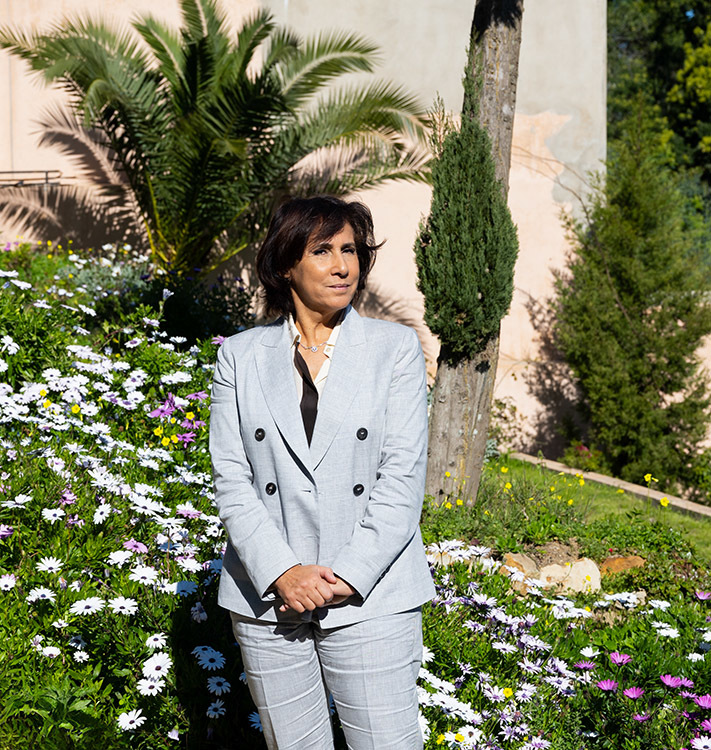
In Atalayar we are working to explain the multiple investment opportunities that the Tangier-Tetouan-Al Hoceima region offers for Spanish, European and also Moroccan investors who want to return. Not only the multiple investment and business options, but also the good quality of life that the region offers: schools, hospitals, entertainment, leisure, sports, gastronomy...
Yes, of course. We were talking about His Majesty earlier. He is responsible for a great improvement at all levels: economic, social, cultural... It is a project in which he worked on many things in parallel. In the end, as you say, we have a great quality of life here in Morocco. Whether in the north, our region, or in the centre or the south of the country. Morocco is an opportunity and it is evolving in a very good way.

What has been demonstrated is that it is better to collaborate than to confront each other. Spain and Morocco have common, complementary, even strategic interests, for example, Tangier Med. Has the collaboration between Tangier Med and the Spanish ports led to a more notable development of the whole Mediterranean region?
For me, Morocco and Spain are like brothers. Only the sea separates us, because we also have a common history. The Arabs went to Spain; the Spanish came to Morocco; it is a continuity. And, therefore, economic, cultural collaboration, development in general is almost natural for me.
We are a people of brothers. The brothers argue from time to time, they have some small problems... We are very close to Spain and Morocco loves Spain and I think the Spanish love Morocco, even if the Spanish don't know Morocco very well, they are a bit afraid.
For me, the collaboration is as if it were the same country spreading out. We have a common history, the same climate. Spain is 13 kilometres away.
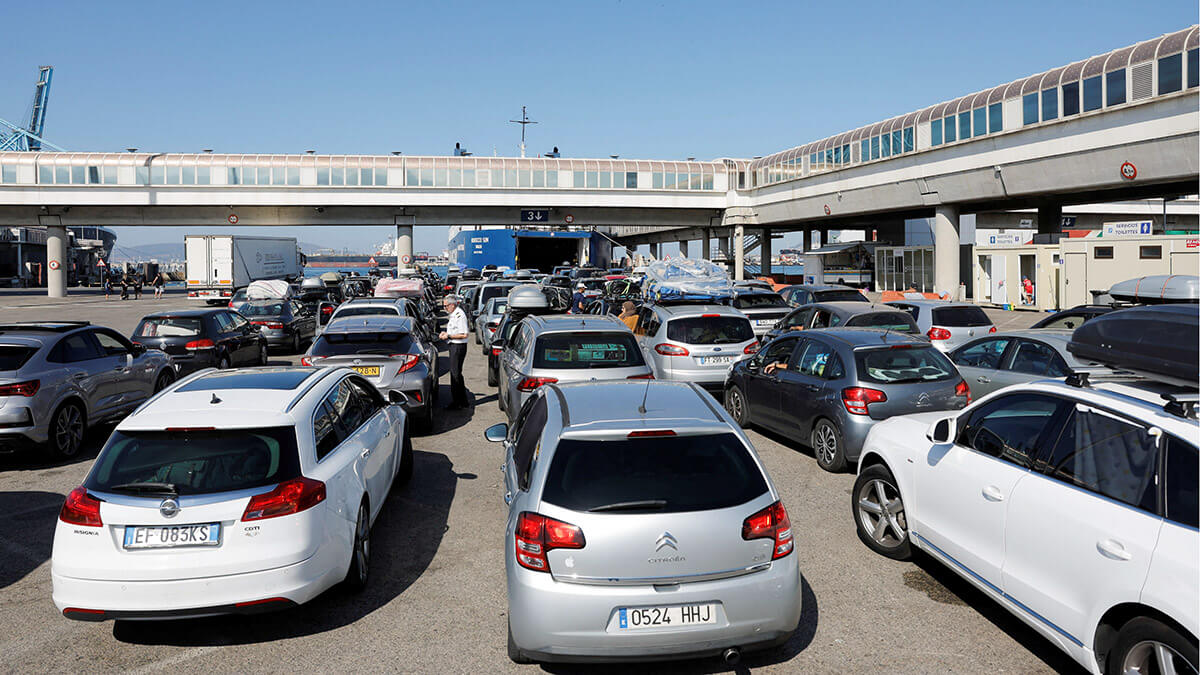
What message do you want to send to Moroccans abroad, who read us in Spanish, English and French, that the future is in Morocco and that everything will be prepared so that they can invest and return home?
Without any pretence whatsoever, I personally prepare things so that they can return home. In this legislature in the Moroccan Parliament, I am preparing the ground to tell my Moroccan brothers and sisters all over the world that we must return to Morocco.
Morocco gives us opportunities. We have our King who is there and that God protects him and does everything for us. Whether we are inside or outside the country.
Moreover, let's not forget every year the Operation Marhaba, one and a half million Moroccans who spend their holidays in Morocco and then return to Europe, where they show an education, solidarity... There is no other movement of people like this in such a short period of time. In this Operation, the Spain-Morocco collaboration is fundamental and the service and attention to these people who make this journey is very important.
Yes, in fact, Operation Marhaba is an extremely important operation, because it facilitates the entry of all Moroccans or tourists, in general, from Spain to Morocco.
And I am also personally grateful to Spain, because it contributes, together with Morocco, to bringing in several million people during the July and August season.
And that is a very important organisation, which works very well. Nothing is perfect and there are small things we have to fix. Operation Marhaba is organised by the Ministry of Foreign Affairs. In Parliament, I am a member of the Foreign Affairs Committee. We inform ourselves and give our opinion on how to carry out the operation. It is a unique operation, even in the world.


